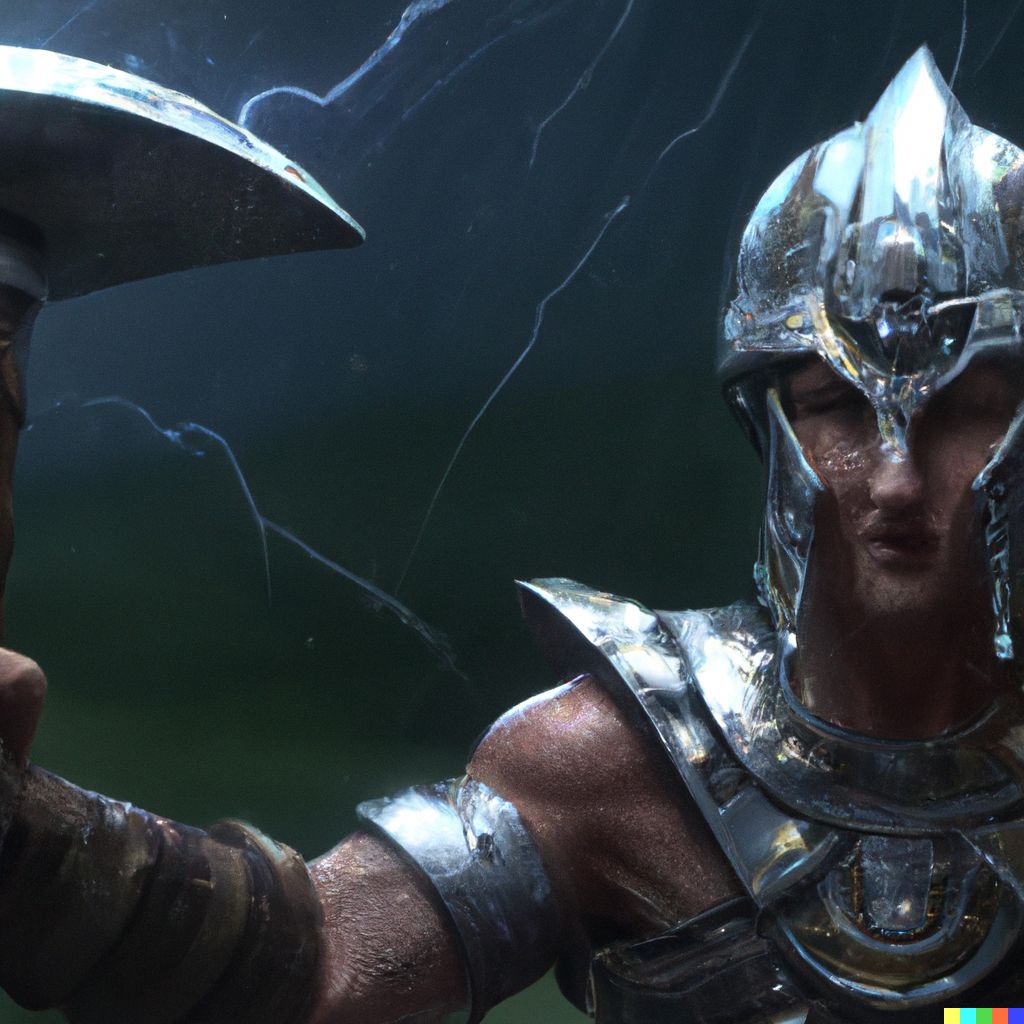The Corinthian War: A Tumultuous Prelude

The Peloponnesian War, a grueling conflict between Athens and Sparta, had left the Greek world in a state of flux. While Sparta emerged victorious, the peace that followed was anything but stable. This period, leading up to the Corinthian War, was marked by political maneuvering, economic struggles, and a shifting landscape of alliances.
Sparta's Dominance Post-Peloponnesian War
After the fall of Athens, Sparta established itself as the dominant power in Greece. However, this newfound dominance came with its own set of challenges. The Spartans imposed harsh terms on Athens, including tearing down its walls and joining the Peloponnesian League. But Sparta's dominance wasn't limited to Athens. They sought to exert control over other city-states, leading to widespread resentment.
The Rise of Thebes and Corinth
Two city-states, in particular, began to chafe under Spartan rule: Thebes and Corinth.
Thebes, located in Boeotia, had a complicated relationship with Athens. While they had been adversaries during the Peloponnesian War, their mutual distrust of Sparta brought them closer together. The Thebans resented the Spartan-imposed oligarchy and yearned for greater autonomy.
Corinth, on the other hand, had been an ally of Sparta during the Peloponnesian War. However, the post-war period saw a shift. Spartan policies began to threaten Corinth's economy, particularly its trade routes. The Corinthians felt that Sparta was overstepping its bounds, leading to tensions.

Persia's Role
The Persian Empire, under King Artaxerxes II, played a crucial role during this period. Initially, Persia had supported Sparta, especially in financing their navy during the Peloponnesian War. However, as Sparta grew in power, Persia saw an opportunity to weaken the Greek city-states by playing them against each other. They began to shift their support, offering aid to Athens and other city-states opposing Sparta.
The Spark: Battle of Haliartus
The tensions came to a head at the Battle of Haliartus in 395 BC. A combined force of Athenians and Corinthians clashed with the Spartans. This battle saw the death of Lysander, a key Spartan figure who had played a pivotal role in the Peloponnesian War. His death was a significant blow to Sparta and marked the beginning of the Corinthian War.

Conclusion
The beginning of the Corinthian War was a testament to the ever-shifting dynamics of ancient Greece. While Sparta had emerged victorious from the Peloponnesian War, their attempts to consolidate power led to new conflicts. The intricate web of alliances, betrayals, and battles set the stage for another tumultuous period in Greek history.
As we delve deeper into the Corinthian War in upcoming episodes, we'll explore the major battles, key players, and the eventual outcome of this significant conflict.
